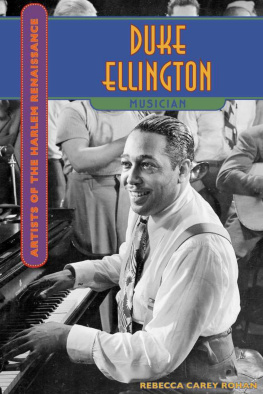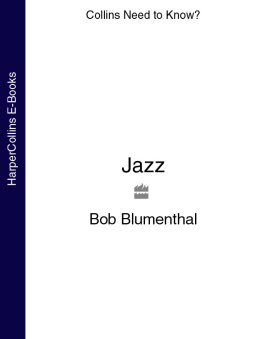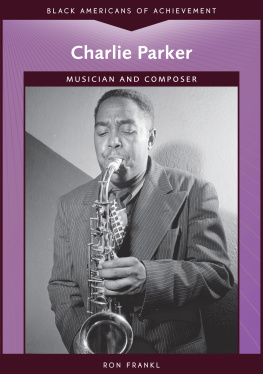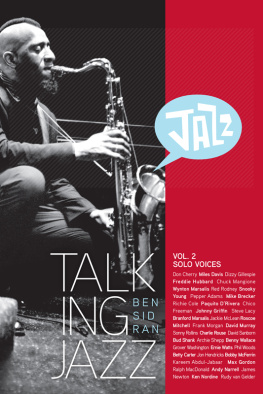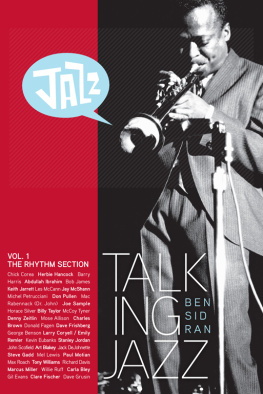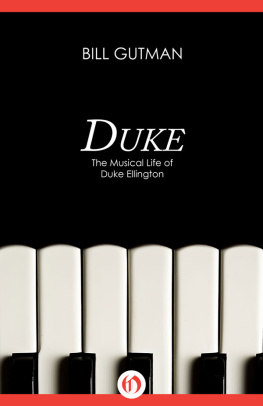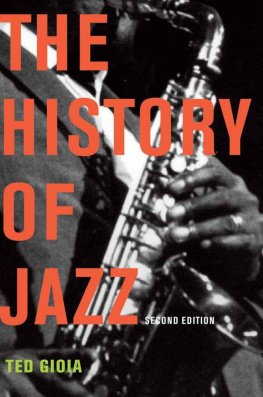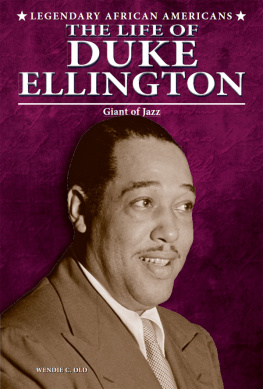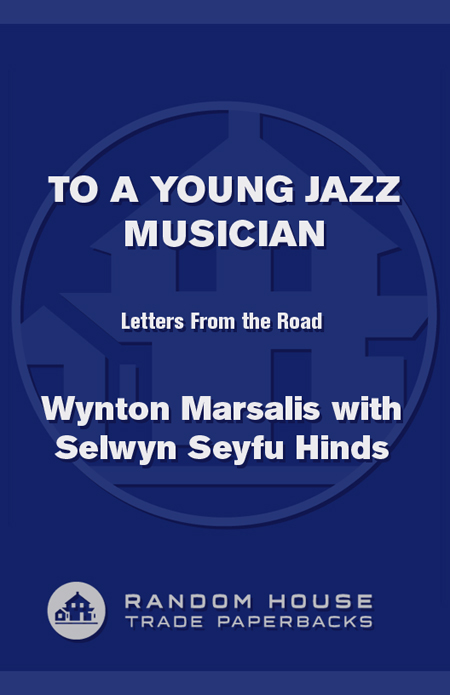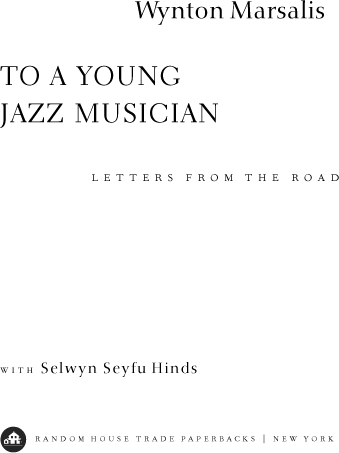CONTENTS
Young musicians and the search for meaning, objectives, and the blues. As you get deeper into the form, it teaches you about yourself and about life. Jazz speaks certain truth of the soul of our nation. And it will speak to the truth of your soul as a human being.
1.
Knowledge of self is one of the hardest things to acquire. And the first test of mastery over one's self is humility. Over time the humble exhibit greater growth and development. Humility: the essence of learning. The door to a musicians universe of truth.
2.
You, Charlie Parker, or me: Jan represents the best of what comes out of usa human thing. Duke Ellington said it best: It's better to be a number one yourself than a number two somebody else. The notes are merely the covering, the facade. Listen to what they express; then you will hear meaning.
3.
I want to be different. I'm developing things and taking them to the outer limits. Oh? What outer limit are you taking them to? Then he'd go quiet for a spell. That meant he was considering that the outer limit was also a boundary, someplace that had to be beyond the inner limit. When rebellion assumes the status quo, freedom becomes the new tyranny.
4.
Playing covers four essential bases: the expansion of your musical vocabulary, employing charisma in your sound, locating your personal objectives, and embracing swing. To play jan, you have to embrace the art of swing. Call it democracy and coordination under the duress of time, or call it swing.
5.
Don't run away from your issues. Take that glance in the mirror that crumples all your hardened certainties about the world. Everyone wants his or her own truth to be the only truth. Jan music's power comes from its ability to take you deeper into yourself to a relationship within. I want you to go past the arrogance of your position into a love of the sound of the music. And pursue your version of that intangible, consistent beauty you hear in the greats.
6.
Why do they run from the truth in this music? The strange dialogue of race, jan, and America. Our culture has experienced a decline of intellectual rigor along with an unchecked decadence. When there's a greater degree of decadence, a higher level of heroism is required to combat it because there's much less reward.
7.
What happens when whatever integrity you holdfast to runs up against the lack of integrity in the culture in which you have to define yourself? Pandering to the marketplace or the academy is commonplace because it leads to clear rewards. But corruptioncertainly creeps in when you pander to your own deficiencies: You can't play fast, so no one should play fast. You can't play slow, so ballads are not worth playing. You can't play on changes, so changes are outmoded. You can't play a freer, fluid form of expression, so no one else should. I suppose the central issue comes down to the fact that we don't have a conception of morality in music.
8.
The great majority of us will not move art forward. Our challenge rests in the creation of our unique worlds. The crippling fallacy at the heart of modern jan teaching.
9.
We need healers. We have to talk about music and life, because, ultimately, they end up as one and the same. All of it tracks back to how you heal your culture one patient at a time, beginning with yourself.
10.
Friends, bandmates, men and women, the road man, something must bring you joy in the world.
PROLOGUE:
The First Movement
P hone conversation is one thing; a letter lasts. I love the intimacy of letters, the warm communication that flows between two people who take the time to write. It reminds me of dialogue on the bandstand. What better way to talk to a young jazz musician? Words frozen on paper like a recording. I think about all the lessons I've had with some of the greatest musicians: Art Blakey, Dizzy, Sweets, John Lewis, Gerry Mulligan, Sarah Vaughan, Danny Barker. I recall the wonderful nurturing conversations with so many phenomenal people now gone from this world: Sir Roland Hanna, Miles, Ray Brownoh man!, so many. I've heard lots of stories and received great, firsthand instruction from them. Invaluable nuggets, man. Many deep words, some made thin by time and the fallibility of memory. I wish I had some letters from them.
As I travel around the country, around the world, I always meet groups of people who love to talk about issues and respond to my experiences. And I've long wanted to set some of those ideas, and the thoughts inspired by those responses, in the kind of book that can answer many of the concerns of younger musicians. Whatever parts of the globe they may come from, these young people are bonded by a search for meaning. You might think they're mainly interested in technical information, but that sort of information is abundantly available. Mostly they seek meaning from me. They want to know: Who did you know? What did they say? What was it like playing with Art Blakey? Is it all right to be me? See, that's the main thing younger people want to knowis it okay to be themselves, as musicians, as human beings?
In my teaching I try to give some answers: Of course it's all right to be you. And not only is it all right to be you, you are your greatest creation. I try to convey my sense of jazz as well, my understanding of its direction and meaning. When you play with musicians, when you just talk with people, you realize that each person has a direction in life. Specific ideas that he or she thinks and believes and feels. An art form is no different from life. The objectives are broader, of course, because an art form includes all of usour aspirations, our memories, our contrary ways of thinking.
That's why the deeper you go into an art, the more you learn about yourself and about living. Art interprets mythology, and jazz interprets American mythology. Jazz speaks to a certain truth of the soul of our nation. And it will speak to the truth of your soul as a human being. When you contemplate the wisdom in jazz, eventually you see the objectives of the music as your objectives. Then you realize that the objectives of your music align with the proclaimed objectives of your nation: To improvise means to invent your own way of intelligently using what you have in order to improve your environment; to swing means to maintain equilibrium with elegance, to be resilient; and to play the blues means that no matter how tragic a situation may be, you have the capacity to conquer it with style. The blues recognizes the importance of human will: It says, I'm down now. But I can always get up. Not, I'm down now. I might as well stay down. If it did that, it wouldn't be the blues. It would just be blues. The get up part is what makes it the blues.


